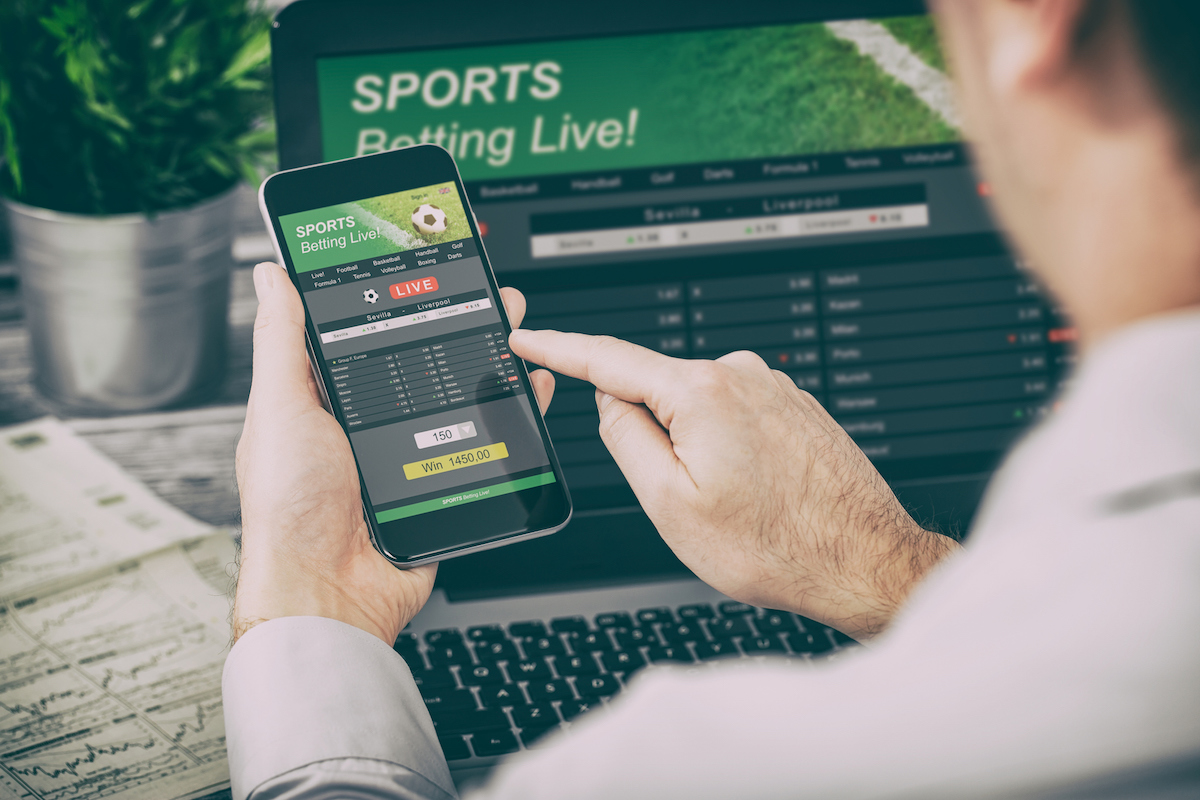With sports betting just a tap away on your phone, health and addiction experts caution the accessibility may not be good for everyone.
Sports betting in person opened in late September with an online option starting Oct. 19 in Connecticut, and DraftKings and FanDuel are offering introductory promotions to try to get people to sign on and start gambling. There is retail sports betting available at 15 locations, including Mohegan Sun and Foxwoods Resort Casino.
“Gambling can become a severe problem when the urge becomes uncontrollable. Unlike a casual gambler, a compulsive gambler is unable to stop when they are losing or set limits. They are compelled to keep playing to recover their losses,” said Leah Russack-Baker, Primary Therapist for CarePlus, a Natchaug Hospital program.
The state has launched an online portal (click here) that will allow people to voluntarily exclude themselves from being able to gamble.
“While this may be a form of entertainment many people can enjoy, for others it can be a harmful addiction. The ability to voluntarily exclude yourself from these activities is one of the many tools available to help,” said Department of Consumer Protection Commissioner Michelle Seagull in a statement.
People can choose to be added to the state’s Gaming Self-Exclusion List for one year, five years or for their lifetime. Names will remain on the list until someone requests to be removed. The website warns that gambling licensees may ban people on the list from land-based properties as well as all of their online gambling, online sportsbooks and any fantasy sports contests, including those in other states.
Peter DeRosa, Lead Primary Therapist at Natchaug Hospital, said many compulsive gamblers have an untreated mental illness such as depression, anxiety, post-traumatic stress disorder (PTSD) or obsessive compulsive disorder (OCD). There is also a strong link between compulsive gambling and substance use.
Most compulsive gamblers will say that gambling provides excitement — that they get a rush, sometimes referred to as an adrenaline rush. Others gamble to help overcome shyness, deal with isolation, numb unpleasant feelings or escape their problems.
You do not need to gamble every day to be considered a compulsive gambler, so how do you know if you have a problem?
Some signs include:
- Gambling with increasing amounts of money to achieve the desired excitement.
- Irritability when attempting to stop gambling.
- Repeated unsuccessful efforts to cut back or stop.
- A preoccupation with gambling (persistent thoughts).
- Gambling when feeling distressed.
- Borrowing money to gamble or to cover lost money.
- Continuing to gamble after losing.
- Lying to conceal the extent of gambling.
- Losing a job, relationship or career over gambling.
- Relying on others to provide money to relieve financial problems caused by gambling.
Natchaug Hospital, part of Hartford HealthCare Behavioral Health Network, has staff members who are certified to treat compulsive gambling, utilizing the Department of Mental Health and Addiction Services (DMHAS) and Disordered Gambling Integration (DiGIN). Clinicians are trained to help in the assessment process and provide successful interventions to manage gambling problems.


